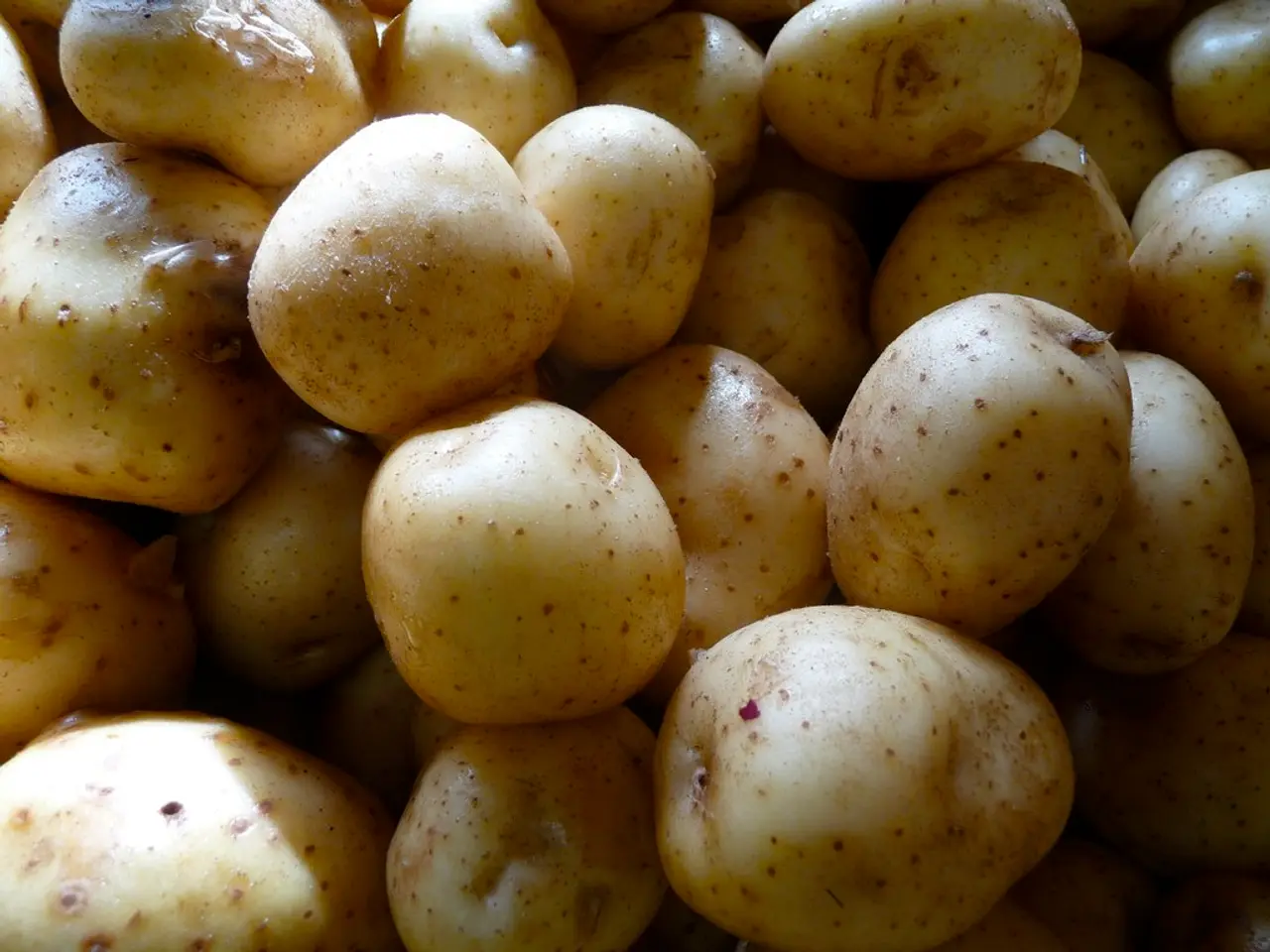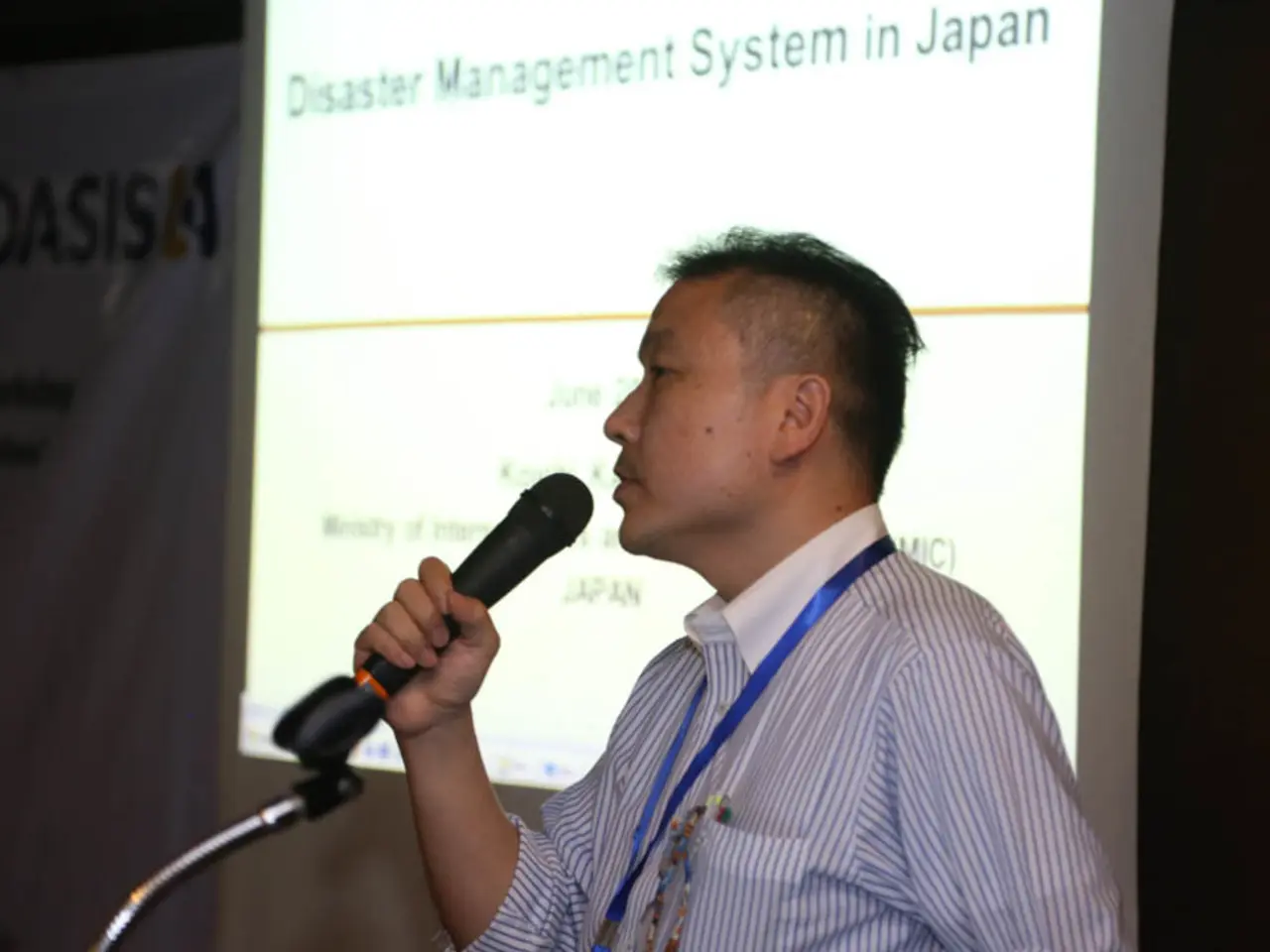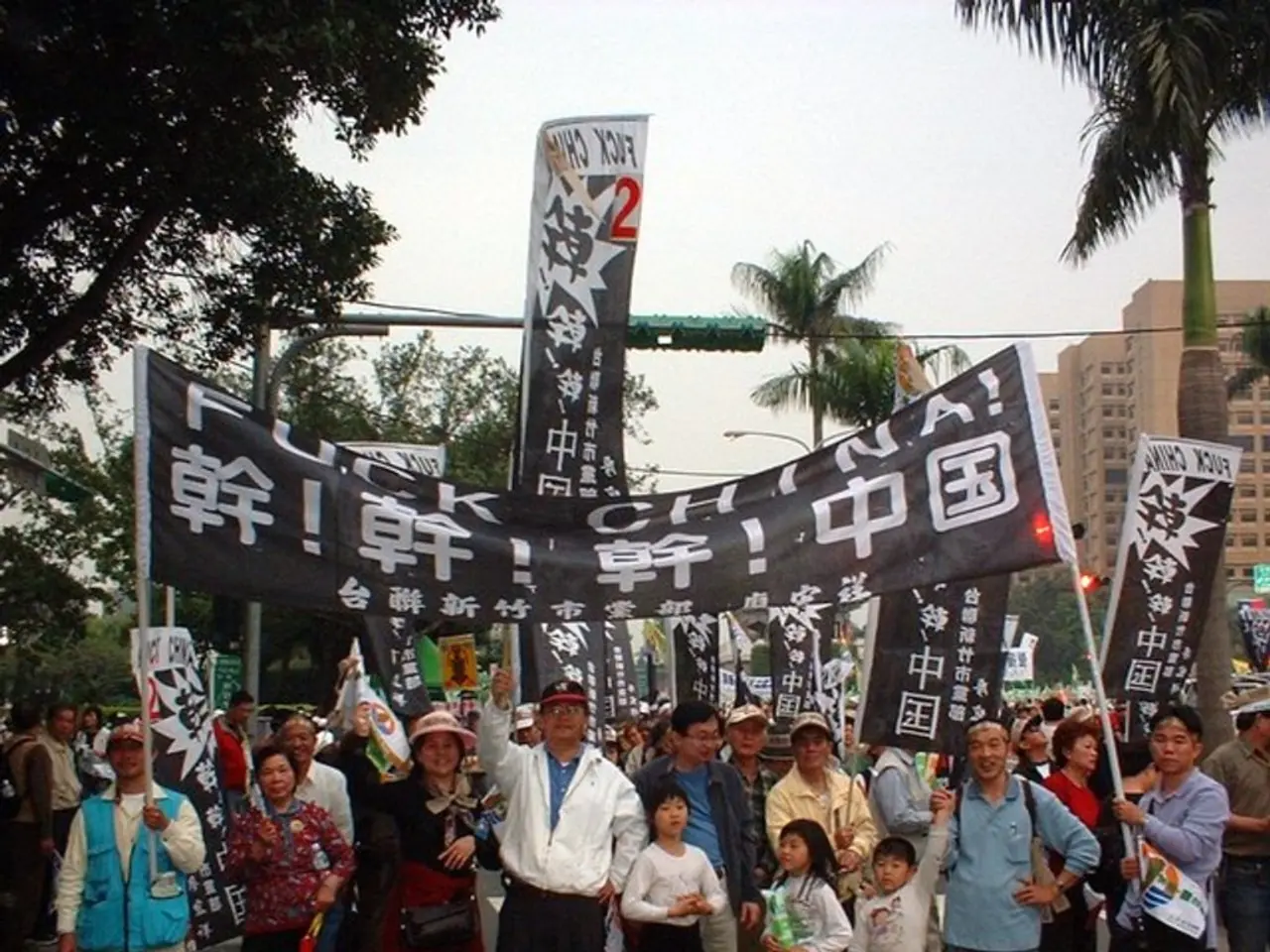Heavy rainfall plagues farmers in Latgale, causing substantial damages to crops and livelihoods
Excessive Rains Affect Potato Yields and Feed Preparation in Latvia
Heavy rains in Latvia during 2021 have negatively impacted potato yields and complicated feed preparation on farms. The excessive moisture has caused waterlogged soils, which have hampered tuber development and increased vulnerability to diseases in potatoes, thereby reducing overall yields.
For Ainārs Jonāns, who runs Stārķi farm in Augšdaugava municipality, cultivating about 1000 hectares of land, the first cut of forage came in mid-June, usually at the beginning of June. However, the second feed preparation started in the second half of July due to the wet conditions. The high humidity has slowed down the development of crops on his farm.
Artūrs Eriņš, who runs Pumpuri, a farm in Rēzekne municipality, covering about 200 hectares, grows potatoes as one of his crops. Potatoes require well-drained soils and optimal soil moisture during critical phases such as tuber bulking. Excessive rain disrupts these conditions by causing poor aeration and promoting diseases, which can substantially reduce yields. Potato yields on Pumpuri this year could be as high as 70-80% due to the wet conditions.
The situation on the farm "Vaicuļevas" has been quite difficult due to frequent rains. Potato planting was delayed and only completed in the driest parts of the fields at the end of June. Whether heavy machinery will be able to drive into the soaked fields and harvest the crops on Vaicuļevas farm is uncertain. The harvesting could start as late as 10 August. This year, Vaicuļevas is not expecting high grain quality due to low gluten and protein content in the grain. In some fields on Vaicuļevas farm, the flooded area is up to 30%.
Around 50,000 hectares of crops could have been damaged by this year's rains in Latvia, causing losses of around €60 million for local farmers. The Ministry of Agriculture has appealed to the European Commission for help for Latvian farmers affected by the heavy rains, but there is no guarantee of such help.
Excessive moisture delays haymaking and silage processes on farms, as crops cannot be dried or harvested properly under wet conditions, reducing feed quality and quantity for animals. This leads to difficulties in sustaining livestock nutrition through the feed cycle. The OECD-FAO report highlights a general trend of extreme weather events increasingly affecting agricultural yields, and regions prone to excessive rainfall face adverse impacts, aligning with the described effects in Latvia's 2021 season.
- In Latgale, a region of Latvia, excessive rain negatively impacted potato cultivation on farms, as waterlogged soils caused by the heavy downpours hampered tuber development and increased susceptibility to diseases in potatoes, thereby reducing yields.
- The European Union (EU) received an appeal from Latvia's Ministry of Agriculture for assistance for local farmers affected by the heavy rains, as approximately 50,000 hectares of crops could have been damaged, causing estimated losses of around €60 million.
- The Latvian media have been covering extensive reports on the adverse effects of the excessive rain on agriculture, including the delay in haymaking and silage processes on farms due to the wet conditions, which in turn may lead to difficulties in sustaining livestock nutrition through the feed cycle.








